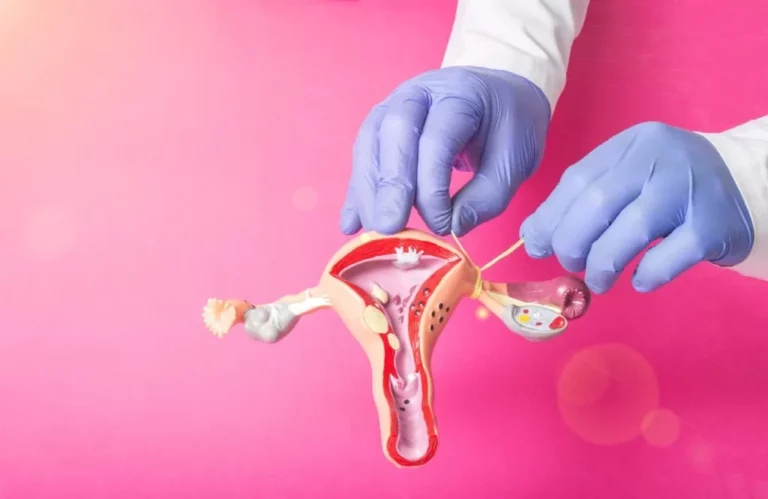
Senior tired business woman overworking in front of laptop, touching her eyes, free space
Dizziness is a term used to describe a range of sensations, including feeling faint, woozy, weak, or unsteady. While anyone can experience dizziness, it is a frequent complaint among older adults. These feelings of unsteadiness can affect balance, increase the risk of falls, and impact an individual’s ability to perform daily activities. Here’s more information on health conditions that may cause dizziness symptoms in older adults:
Multiple Sclerosis
Multiple sclerosis (MS) is a condition that affects the central nervous system, which includes the brain and spinal cord. It disrupts the flow of information within the brain and between the brain and the body. Dizziness and vertigo are common symptoms reported by individuals with MS because of nerve damage. The damage to nerves that MS causes can interfere with the signals that help the body maintain balance. This disruption can lead to feelings of unsteadiness or a spinning sensation, which may be constant or intermittent.
Parkinson’s Disease
Parkinson’s disease is a progressive disorder that primarily affects the nervous system, including the parts of the body controlled by the nerves. While it is most known for causing tremors, stiffness, and difficulty with walking and balance, dizziness is also a reported symptom. This condition is very common, impacting an estimated 1% of people over 60 years old.
In individuals with Parkinson’s, dizziness can be related to the disease itself, as it affects the areas of the brain responsible for balance and coordination. Dizzying sensations can also be associated with orthostatic hypotension, a form of low blood pressure. Orthostatic hypotension is a condition that occurs when standing up from a sitting or lying down position, and it is common in people with Parkinson’s disease.
Anemia
Anemia, particularly iron-deficiency anemia, is another condition that can contribute to dizziness in older adults. Anemia occurs when the body lacks enough healthy red blood cells to carry adequate oxygen to the body’s tissues. When oxygen delivery to the brain is reduced, individuals may experience symptoms of lightheadedness or dizziness. These symptoms mainly occur during physical activity or when standing up quickly. Other symptoms, including fatigue, weakness, or shortness of breath, may accompany these dizzy sensations.
Vertigo
Vertigo is a specific type of dizziness characterized by the sensation that you or the environment around you is moving or spinning. One of the most common causes of vertigo is benign paroxysmal positional vertigo (BPPV). This condition occurs when tiny calcium particles, known as canaliths, clump up in the canals of the inner ear.
The inner ear sends signals to the brain about head and body movements, helping you keep your balance. BPPV disrupts these signals, causing brief but intense episodes of vertigo. Vertigo episodes are often triggered by changes in head position, such as tipping your head up or down, lying down, or turning over in bed.
Learn More About Dizziness
Experiencing dizziness can be disruptive to your daily life. Because the causes are varied, understanding the specific factors that contribute to your symptoms is key to treating them. A thorough evaluation can help identify the underlying cause and guide you toward an effective management plan. Contact a medical provider today to schedule a consultation about your symptoms.





